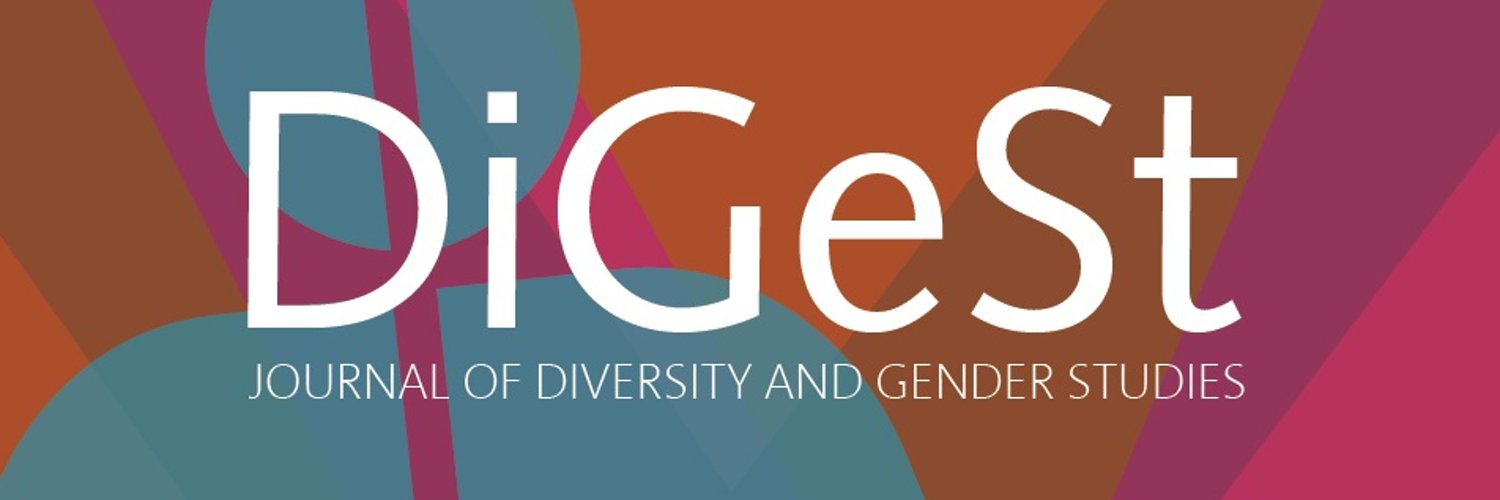Editorial - Intersectional Solidarities and Resistances in Face of Violent Migration Regimes
Abstract
Migration regimes affect people’s mobility differently along the lines of their gender, race, class, nationality, age, sexual orientation, and more, exposing them to varying degrees and types of violence (Spijkerboer, 2018; Ansems De Vries & Guild, 2019; Kalir, 2019; Welander, 2021). Single men who cross borders irregularly are often hyper-securitized and subject to the constant risk of being detained and deported (Wyss 2022); along their migration journeys, women and men are exposed to different kinds of economic and sexual exploitation (Turner, 2020; Orsini et al., 2022; Freedman, Sahraoui & Tyszler, 2022); applicants for international protection based on SOGI (Sexual Orientation and Gender Identity) claims are indirectly forced to mould their narratives to Eurocentric understandings of non-heteronormative sexuality to have their applications assessed (Dustin & Ferreira, 2021; Giametta, 2017); persons seeking to apply for asylum, family reunification or regularisation are often subjected to the slow violence of ‘waiting’ due to long, complicated procedures (Hage, 2009; Näre, 2020) and, increasingly, their exclusion from the welfare state endures for several years after they have acquired formal residence status (Hinger & Schweitzer, 2021; Bendixsen & Näre, 2024).
How to Cite:
Murru, S., Vandevoordt, R., Garny, N. & Pagès, A., (2024) “Editorial - Intersectional Solidarities and Resistances in Face of Violent Migration Regimes”, DiGeSt - Journal of Diversity and Gender Studies 11(2), 1-14. doi: https://doi.org/10.21825/digest.93159
Downloads:
Download PDF
View PDF
503 Views
66 Downloads

